The Chronicle of Isaac Quirk
Text, $30 pb, 437 pp
Frissions of Exotica
For those of us drawn to tell the stories of the past, seventeenth-century England has a great deal to recommend it. It is distant enough to offer the frissons of historical exotica, yet so close that the minds of the time are recognisable to us. In addition, it is hard to think of a period in one country so packed with incident. Where else, in a single lifespan, can a novelist convincingly have his character experience wars – both foreign and domestic – fire, pestilence, regicide and Restoration?
By 1666 – John Dryden’s annus mirabilis – the modern sensibility is beginning to emerge from the medieval one: witches are still being tried in rural courtrooms, but Isaac Newton is busy inventing calculus in Oxford. Women are emerging from their long silence – acting on the London stage for the first time, even writing plays. Science is starting to win its battle over superstition, sexual licence over prudish constraint, cynicism over blind obedience. So many certainties have been overturned, so many institutions brought low, that reverence is in short supply. In many ways, the seventeenth-century English are like us. When we read their journals, we get their jokes.
Continue reading for only $10 per month. Subscribe and gain full access to Australian Book Review. Already a subscriber? Sign in. If you need assistance, feel free to contact us.



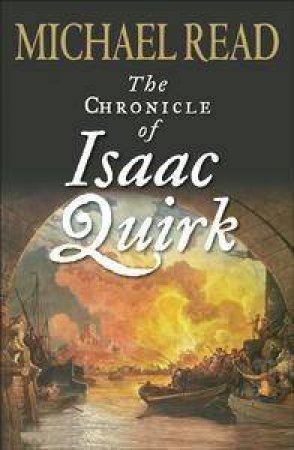




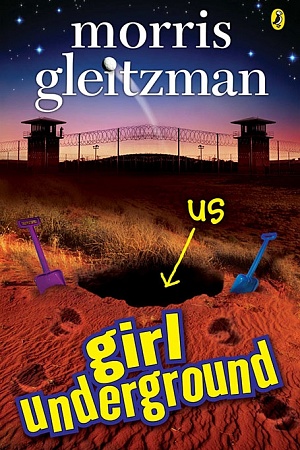
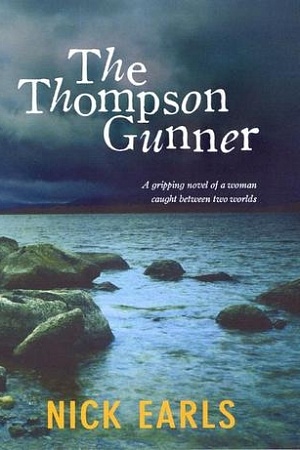
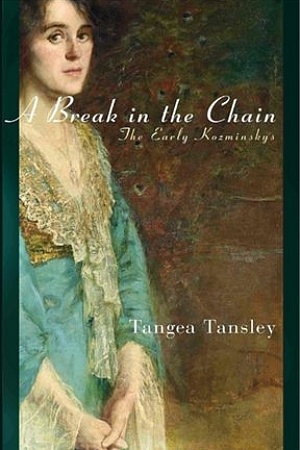
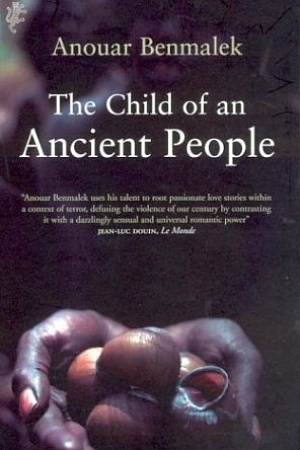



Leave a comment
If you are an ABR subscriber, you will need to sign in to post a comment.
If you have forgotten your sign in details, or if you receive an error message when trying to submit your comment, please email your comment (and the name of the article to which it relates) to ABR Comments. We will review your comment and, subject to approval, we will post it under your name.
Please note that all comments must be approved by ABR and comply with our Terms & Conditions.